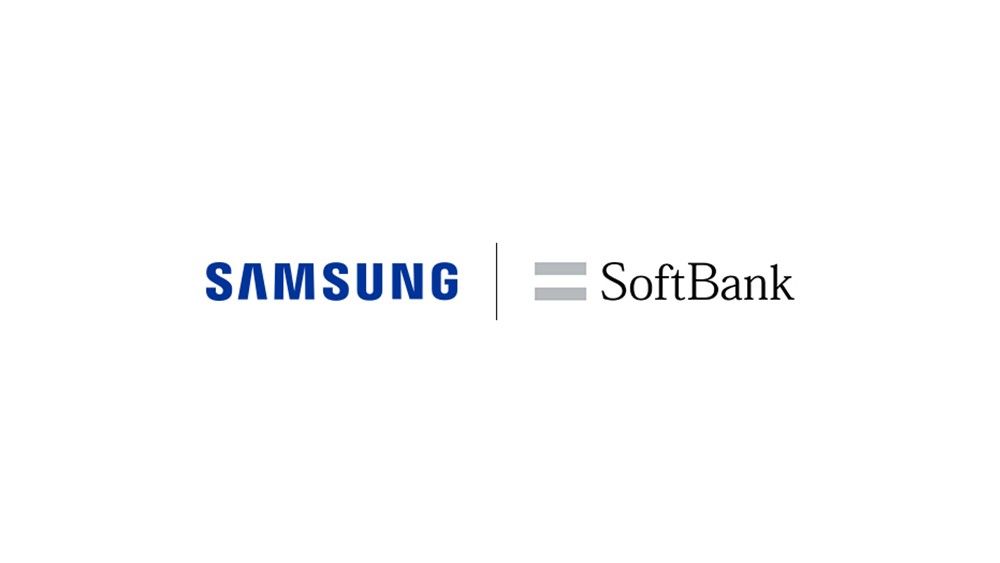Samsung just inked a major partnership with Japan's SoftBank that could reshape how we think about 6G networks. The two tech giants signed a memorandum of understanding to jointly develop AI-powered radio access networks (AI-RAN) and next-generation telecommunications infrastructure, positioning themselves at the forefront of the race to define post-5G connectivity standards.
Samsung and SoftBank are betting big on AI-powered telecommunications infrastructure. The partnership, announced through a formal memorandum of understanding, targets four critical research areas that could define how networks operate in the 6G era.
The collaboration couldn't come at a better time. Industry discussions around 6G standardization are heating up this year, with new frequency bands like the 7GHz spectrum emerging as potential game-changers. Unlike previous network generations that focused primarily on speed and capacity, 6G promises to integrate artificial intelligence directly into the network fabric itself.
"Through this collaboration with SoftBank, we aim to define meaningful use cases for both operators and end users, while securing key technologies for future commercialization," JinGuk Jeong told Samsung Global Newsroom. Jeong, who heads Samsung's Advanced Communications Research Center, represents the company's most forward-looking wireless research division.
The technical scope is ambitious. Under their "AI for RAN" concept, the companies plan to use artificial intelligence to optimize wireless networks in real-time. But the "AI and RAN" integration goes even further - it's designed to seamlessly blend AI workloads with base station operations, essentially turning cell towers into distributed computing nodes.
This approach could solve one of 5G's biggest limitations: the need for massive backend infrastructure to process data. By pushing AI processing directly to the network edge, future 6G networks could deliver ultra-low latency for applications we haven't even imagined yet.
SoftBank's involvement brings serious network deployment experience to the table. The Japanese carrier has been aggressive in rolling out 5G infrastructure and experimenting with AI-driven network optimization. "By combining our advanced expertise, we will accelerate the realization of next-generation networks that evolve to become more efficient and highly reliable through AI-RAN," .












